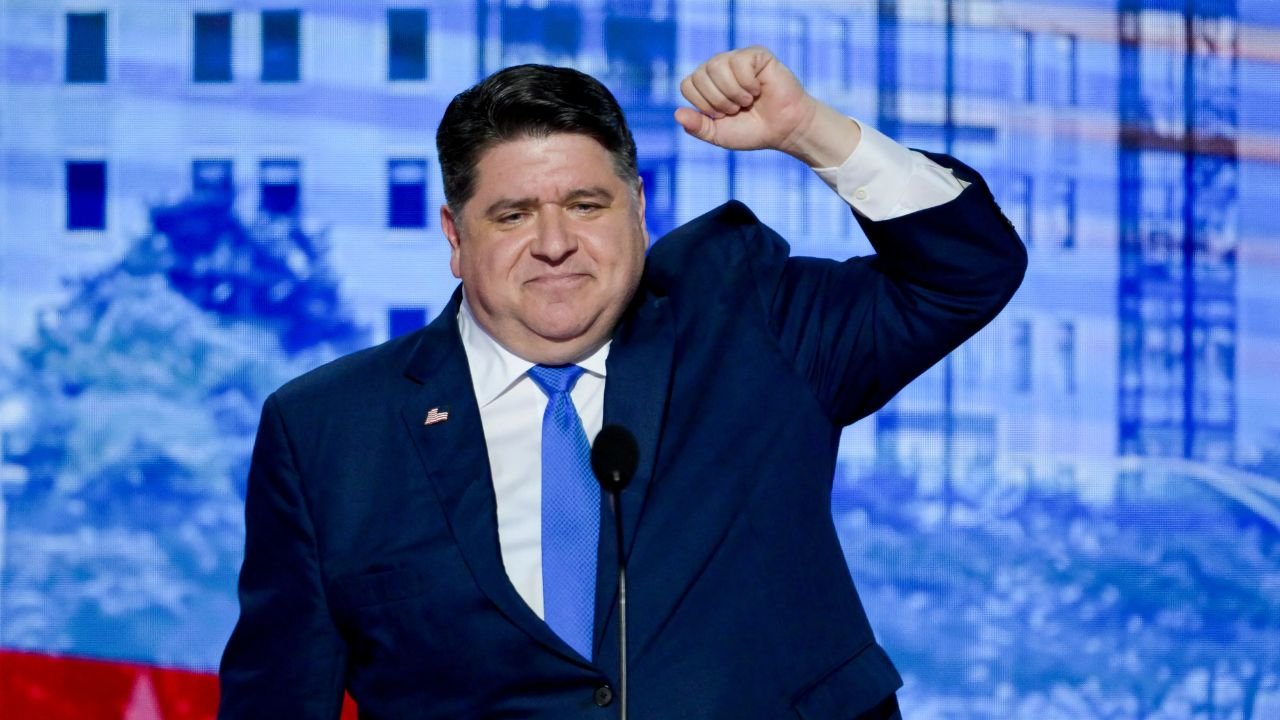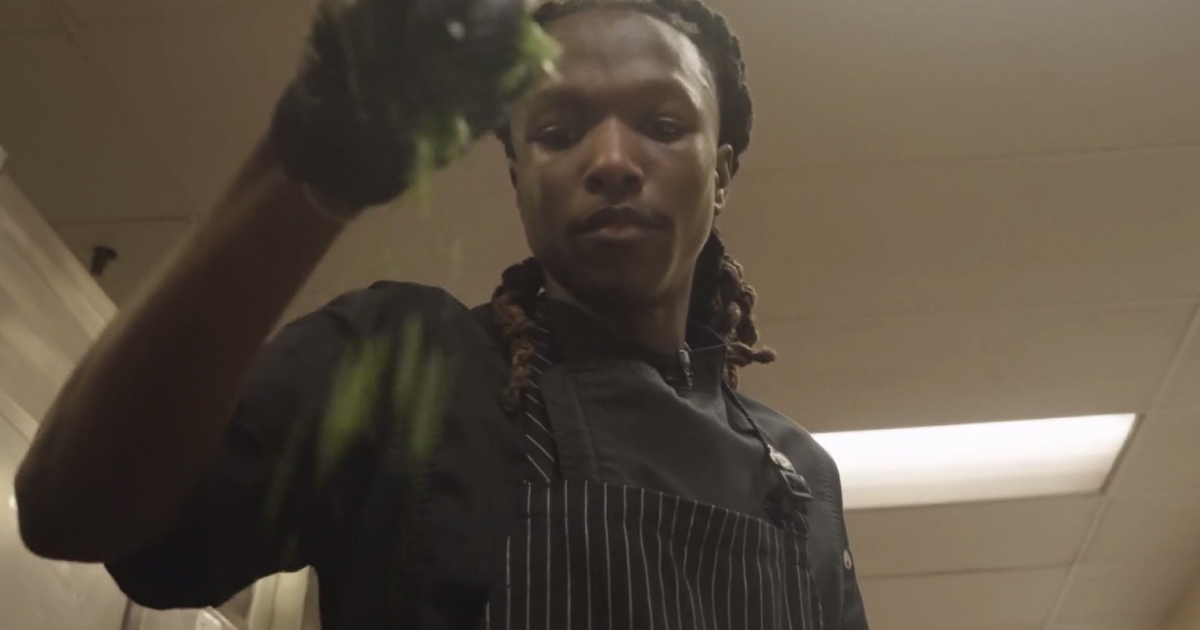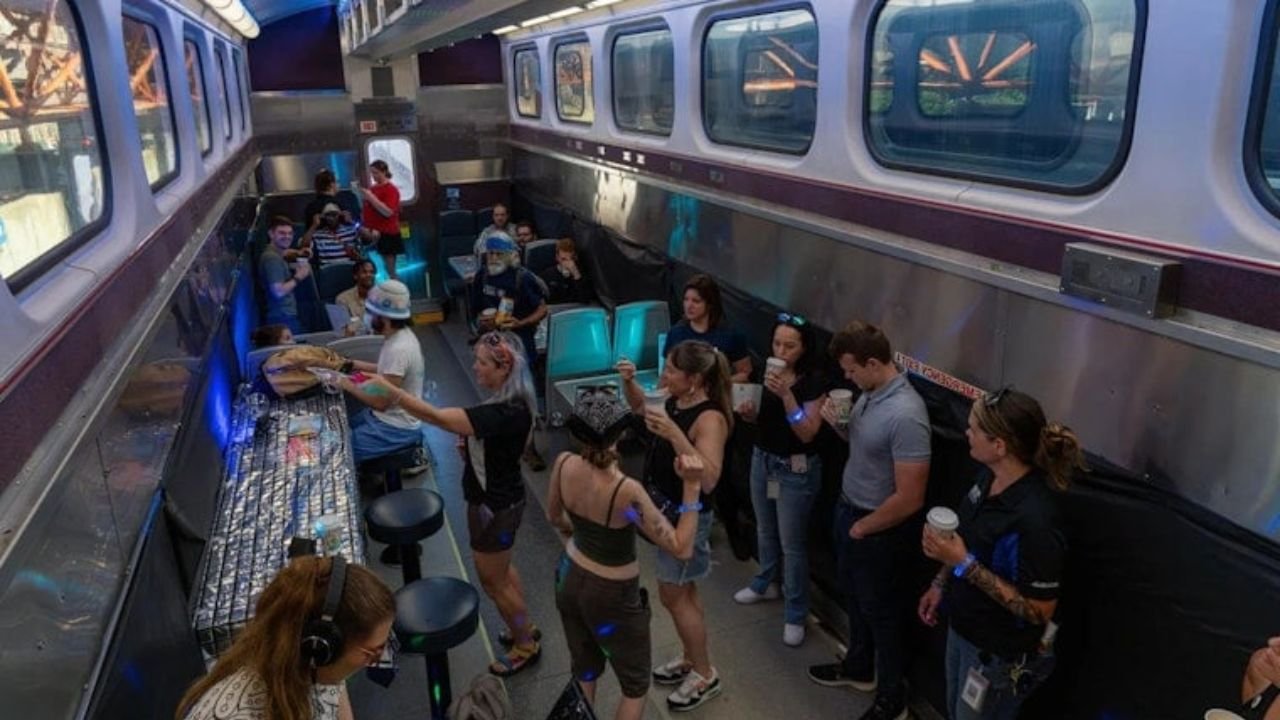ILLINOIS — Gov. JB Pritzker officially launched his campaign for a third term, touting significant fiscal achievements for Illinois — but analysts and economists say the state still faces steep challenges in job growth, economic competitiveness, and long-term population trends.
The governor, speaking at an event on June 26, highlighted a series of financial milestones as a foundation for his re-election message. “Illinois is in the best fiscal condition in the last 40 years,” Pritzker declared, pointing to debt reduction and record-setting investments in infrastructure and advanced manufacturing.
But the numbers behind the progress also underscore a mixed record — one that could shape the narrative leading up to the 2026 election.
Budget Recovery and Credit Upgrades
Since taking office in 2019, Pritzker’s administration has eliminated a $9.2 billion backlog in unpaid bills and increased the state’s rainy day fund from just $3.6 million to $2.3 billion. Illinois has also improved its pension funding ratio from 40% to 46% — still one of the lowest in the nation, but a notable improvement.
Those steps helped earn Illinois three credit rating upgrades, bringing the state to an A– rating — its best level since 2013.
Economist Ralph Martire, of the Center for Tax & Budget Accountability, praised Pritzker’s disciplined use of federal COVID-19 relief funds, noting that much of it went toward prepaying debt, stabilizing unemployment insurance, and covering essential past-due bills.
“None of that is sexy,” Martire said, “but it laid a much stronger foundation.”
Big Bets on Economic Development
Pritzker has branded himself as Illinois’ “chief marketing officer,” spearheading major initiatives to rebrand the state as a tech and manufacturing hub. His administration secured several high-profile projects:
-
$2.6 billion EV battery plant in Manteno
-
Revival of the Stellantis factory in Belvidere, expected to create 1,500 jobs
-
Quantum computing research campus on Chicago’s South Side
-
$250 million biotech lab backed by the Chan Zuckerberg Initiative
“He’s leaned into economic development unlike any governor I’ve seen in 20 years,” said Greg Bedalov of Choose DuPage, an economic group in the suburbs.
Still, not all investments have panned out. A $3.2 billion battery plant and parts hub planned in Belvidere were scrapped after Stellantis’ financial setbacks. Lion Electric, a Canadian firm, filed for bankruptcy after opening a Joliet facility meant to bring 1,000 jobs.
Marijuana, Tourism, and Mixed Results
Legalizing recreational marijuana was one of Pritzker’s early wins. The cannabis industry now brings in over $470 million in annual tax revenue, but growth has slowed due to market saturation and competition from hemp-based products.
Illinois’ tourism sector has also rebounded, with hotel tax revenue hitting record highs. But rising labor and insurance costs are undercutting profitability, according to the Illinois Hotel & Lodging Association.
“There’s been promising progress,” said CEO Michael Jacobson, “but we still need to improve the broader business climate.”
Labor Policies, Taxes, and a Competitive Hurdle
Some business leaders have expressed concerns about the governor’s pro-labor policies. Pritzker has championed mandatory paid leave and increased the state minimum wage to $15, drawing criticism from industry groups like the Illinois Chamber of Commerce.
Despite billions in new investments, Illinois still lags neighboring states in population growth, job creation, and overall economic competitiveness. Metrics from the Anderson Economic Group show Illinois trailing peers like Michigan, Ohio, and Pennsylvania.
“Population loss and sluggish job growth continue to hold Illinois back,” said Patrick Anderson, the group’s CEO.
As JB Pritzker kicks off his 2026 campaign, Illinois touts record-breaking fiscal gains—but faces simmering challenges in jobs, growth and long-term competitiveness. #Illinoishttps://t.co/bVqQy1hn0f
— Chris Nybo (@chrisnybo) June 30, 2025
Looking Ahead to 2026 — and Possibly 2028
With his 2026 reelection campaign underway, some insiders believe Pritzker may also be laying the groundwork for a future national run in 2028. But to do so, experts agree, he’ll need to show sustained progress on issues beyond fiscal balance — especially workforce retention and economic mobility.
“He’s made Illinois solvent again,” said one policy analyst. “Now the question is — can he make it grow again?”
What do you think of Pritzker’s third-term ambitions and Illinois’ economic direction? Share your thoughts with us at ChicagoSuburbanFamily.com.














